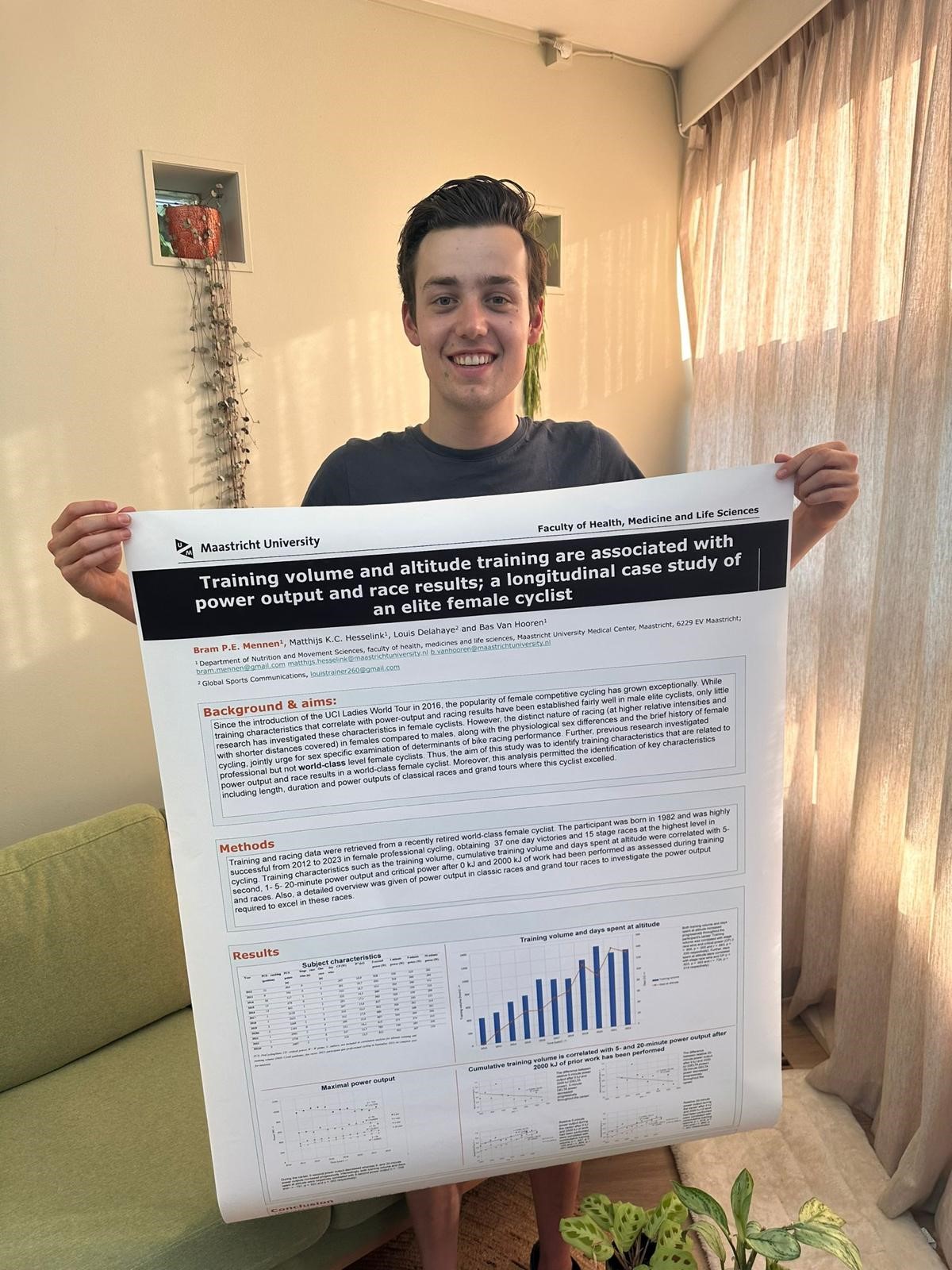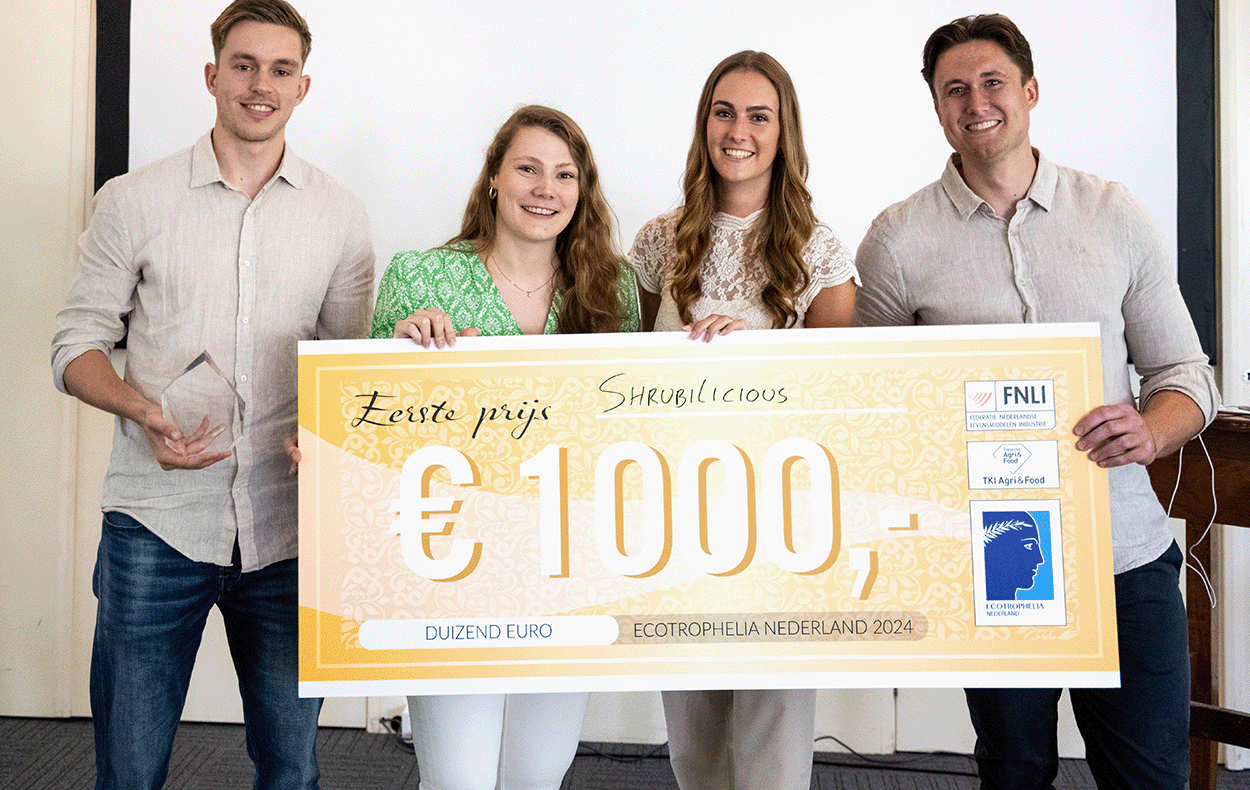Jordi Heijman nominated for the New Scientist Science Talent 2016
Jordi Heijman (FHML) is one of the twenty-five nominees for the New Scientist 2016 Science Talent (Wetenschapstalent) award. Heijman studies the mechanisms that cause cardiac arrhythmias. This knowledge can be used to more quickly determine which people have an increased risk for cardiac arrhythmias and can help researchers develop better treatment methods.
In his research, Heijman uses so-called 'patch clamp' experiments to measure the electrical properties of heart muscle cells. He is also developing computer models that can analyse these data. This leads to the creation of 'virtual heart cells', which can foster our understanding of complex interactions and help us make accurate predictions about the effects of certain medications, for example.
Eighteen universities in Belgium and the Netherlands nominated young and talented candidates in recent months. New Scientist selected twenty-five candidates based on these nominees. The winner of Science Talent 2016 will be determined by an online public vote and a jury vote and will receive a cash prize of 2,500 euros.
The winner will be announced on 22 September 2016. During the ceremony, the five highest-scoring nominees will present their research. Iris Sommer, Erik Scherder and Alexander Sack will also discuss the latest developments in the field of brain research.
The New Scientist Science Talent award was established last year to give young researchers the opportunity to present their research to a broad audience.

For more information about the award, visit https://newscientist.nl/talent/.
Also read
-
Imagine this: as a newly graduated master's student, you get to share the insights you gained during your research at an international conference. This happened to Bram Mennen. At the end of June 2024, he presented the results of his thesis on the training data of top cyclist Annemiek van Vleuten at...
-
Moving on your own to a new country with a different culture and language and without a support network can be challenging. Master's student Beverlianne Green therefore quickly realised she wanted to get involved with the local community. Through the Personal & Professional Development Portal of...
-
Maastricht University students have won the Dutch final of the student competition Ecotrophelia, a drinking vinegar based on apple cider vinegar, fruit and herbs.

